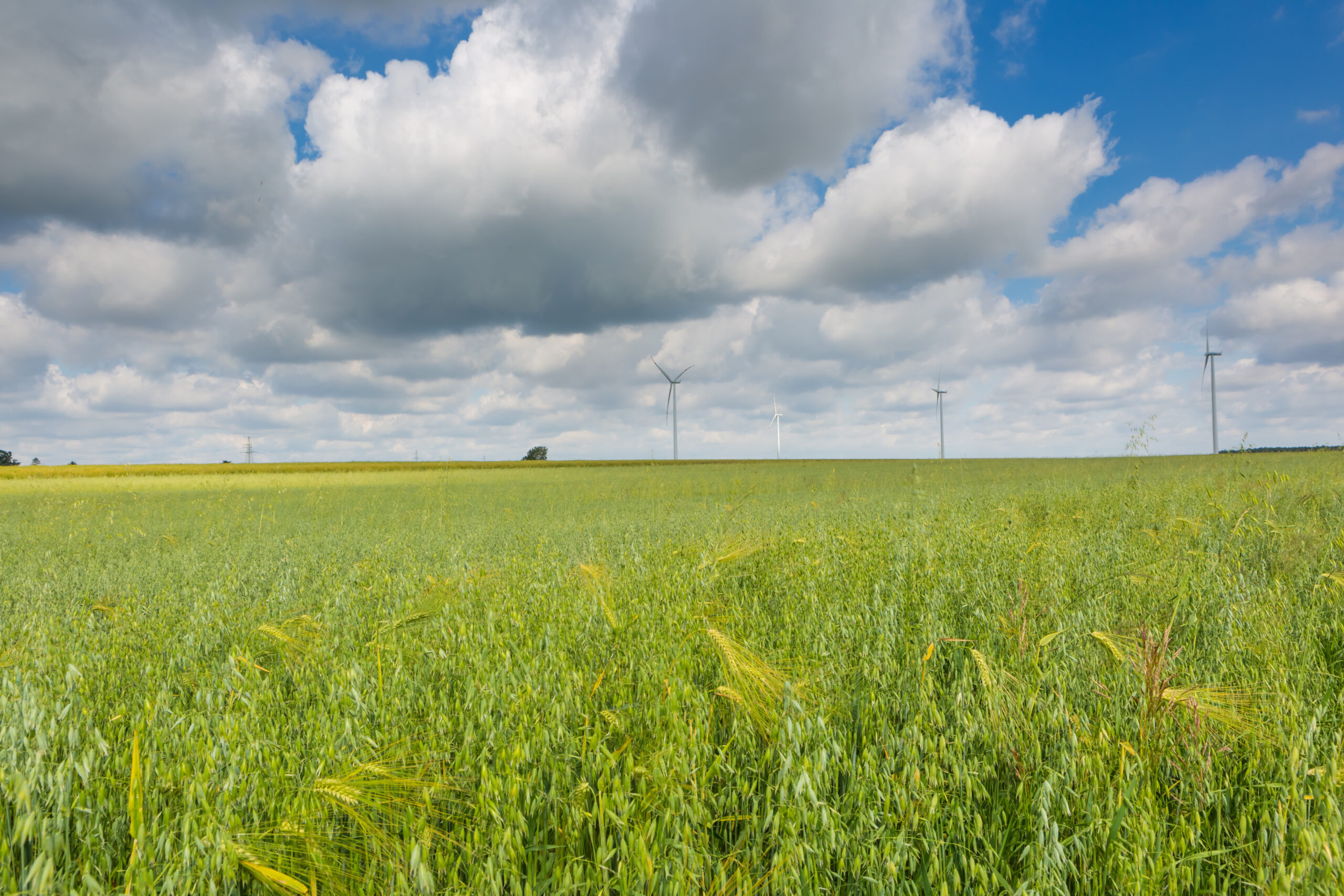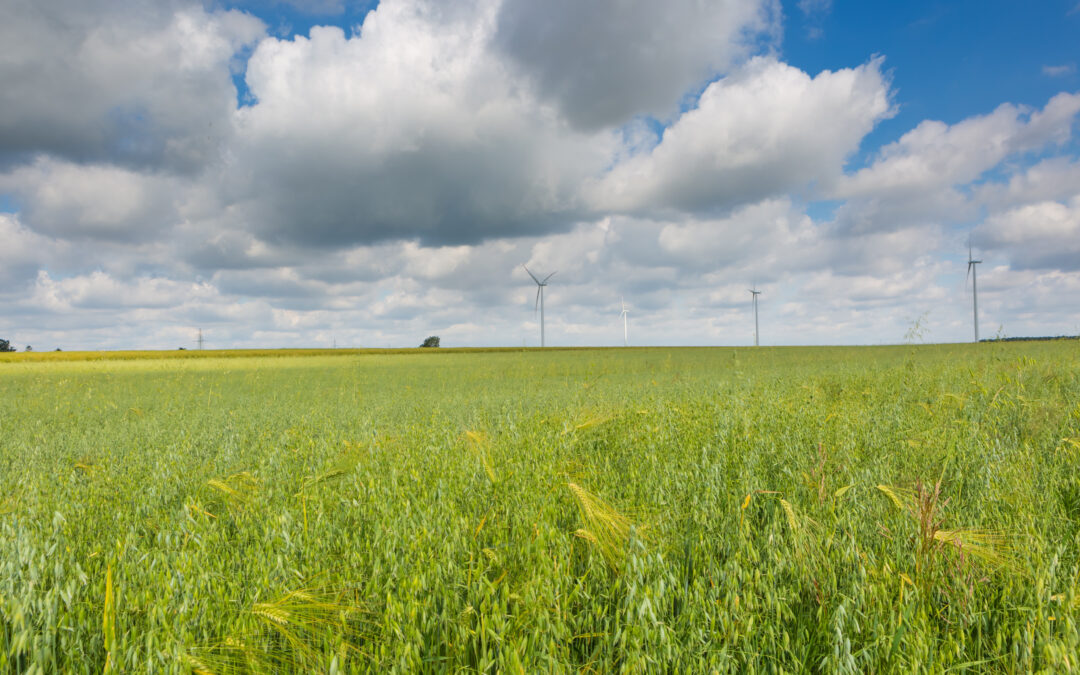Organic gardening is a great way to grow your own food and enjoy the health benefits of eating fresh, organically grown produce. With these simple tips, you can start an organic garden that will provide you with delicious fruits, vegetables, herbs, and spices all year round.
Introduction to Organic Gardening
Organic gardening involves growing plants without using synthetic fertilizers or pesticides. Instead, it relies on natural methods such as composting, crop rotation, and companion planting to keep plants healthy and free from pests. By choosing organic gardening, you are not only providing yourself with nutritious food but also contributing to a more sustainable environment.
The Benefits of Growing Your Own Food
There are many reasons why people choose to grow their own food. Here are some of the top benefits:
Freshness: When you grow your own food, you get to eat it at its peak ripeness, which means maximum flavor and nutrition.
Nutrition: Organic gardening allows you to control what goes into your soil and therefore, into your body. You know exactly what has been used to grow your food, so you can be sure that it’s pure and free from chemicals.
Cost savings: While there may be initial costs associated with setting up an organic garden, once established, it can save you money in the long run by reducing your grocery bill.

How to Start an Organic Garden
Starting an organic garden requires planning and preparation. Here are some steps to follow:
1. Choose the right location: Select an area that receives plenty of sunlight and has good drainage. If you don’t have space outside, consider starting an indoor garden.
2. Prepare the soil: Remove any weeds or debris from the area and add compost or other organic matter to enrich the soil.
3. Decide what to grow: Consider what you like to eat and research which crops are best suited for your region and season.
4. Plant your seeds or seedlings: Follow the instructions on the seed packets or plant labels, and give each plant enough room to grow.
Maintaining and Harvesting Your Organic Garden
Once your garden is established, here are some tips for maintaining and harvesting it:
1. Water regularly: Keep your plants well watered, but avoid overwatering, which can lead to root rot.
2. Control pests naturally: Use natural remedies such as neem oil or garlic spray to repel pests instead of resorting to chemical pest controls.
3. Prune and trim: Regularly pruning and trimming your plants helps them stay healthy and productive.
4. Harvest when ripe: Pick your produce when it’s fully matured to ensure optimal taste and nutritional value.
Conclusion
With these simple organic gardening tips, you can grow your own food and enjoy the many benefits of eating fresh, organic produce. Whether you’re new to gardening or an experienced gardener looking to switch to organics, following these guidelines will help you succeed in your journey towards self-sufficiency and better health.



